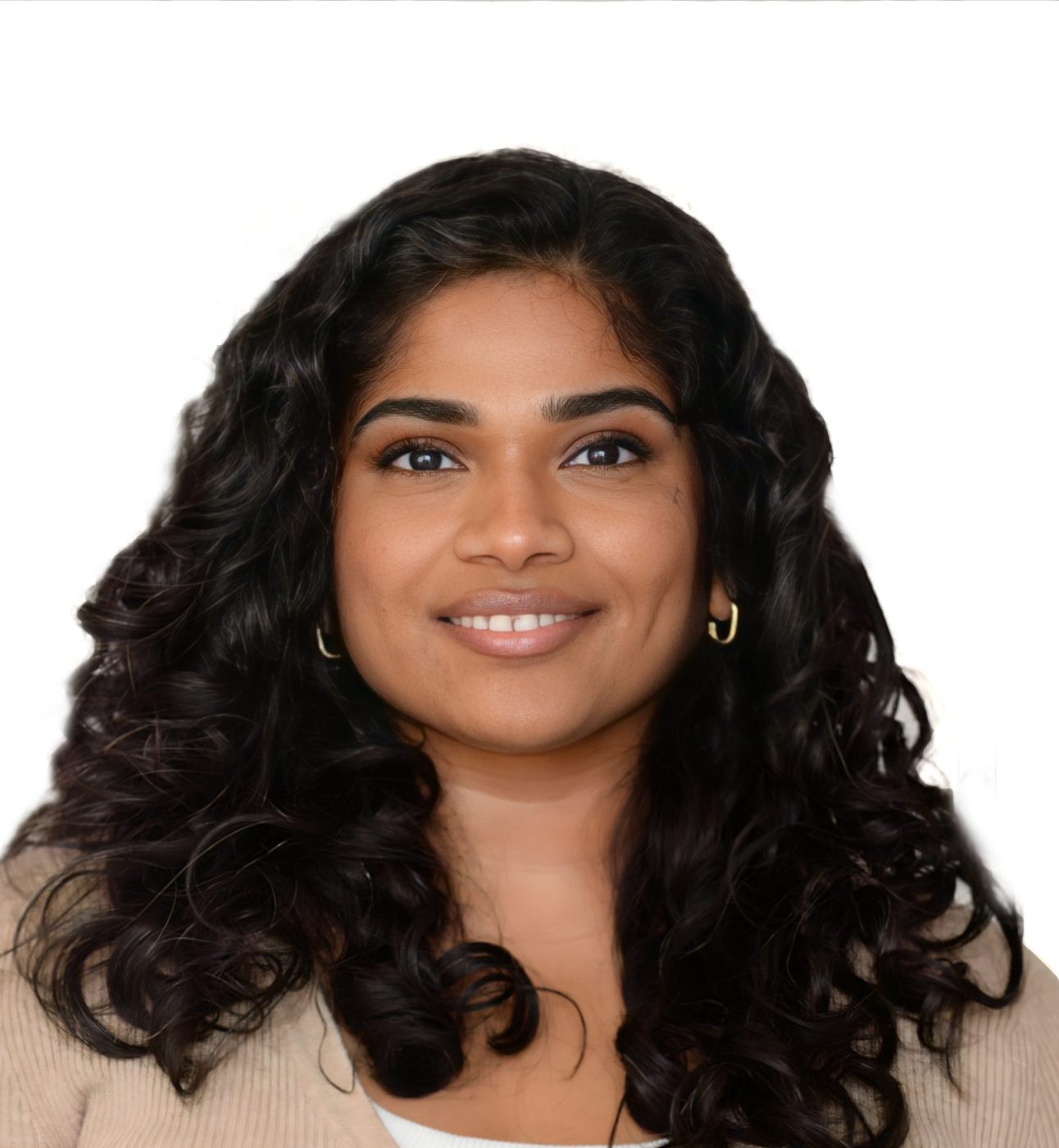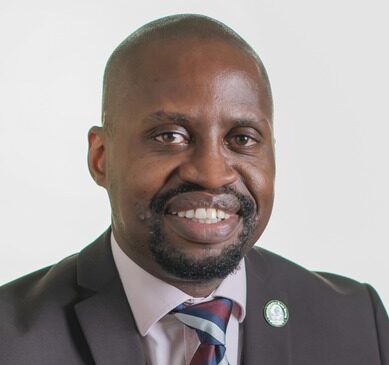My interest in equality first started in the 1980s.
It was a wish of my parents for me to receive a ‘good education’. I was one of only four Black pupils in middle and high school, one that had changed from a boys’ grammar to a comprehensive. I could clearly see staff and teachers struggling with the new intake of Black faces that looked very different from other children; it was around then that I started, indirectly, forming questions about equality whilst facing the stark realisation about what difference meant.
Let’s skip straight to me developing a charity in the north of England, called Black Health Initiative, better known as BHI. An organisation that focuses on narrowing the disparities I later saw within education, health and social care. Initially it felt the struggle was singular, a lonely struggle that was often given lip service but no actual real action or willingness to change.
That baffled me: ‘Why wouldn’t everyone want equality and equity for all?” I naively would puzzle over that concept until I started to learn about power dynamics and politics. I asked to be coached and mentored by prolific individuals, who didn’t necessarily look like me but understood and shared what I needed to know to progress and make the impact so desperately needed.
For me, the key was to align myself to those who thought as I did and shared the same passion. I would remember my grandfather’s words, a man of deep faith, part of the Windrush Generation, and one of the first black Bishop’s in Leeds, who would say: ‘You are equal to all, do not believe any different”.
Skip another decade and the experience of working to narrow health disparities has led me into steering a charity into unexplored waters. Now working with ‘big guns’, including NHS England, larger national Charities and various statutory bodies, Black Health Initiative was the first ever charity to be recognised by the NHS Diversity and Equality Awards.
We launched the first BME national cancer programme at the House of Commons with Baroness Howell after working with the NHS Strategic Health programme (National Cancer Action Team), addressing the glaringly obvious negatives within cancer patient experiences and outcomes.
More recently the charity has worked on tackling issues around maternity disparities, with Black women five times more likely to die in childbirth and BAME communities more likely to die from Covid-19 but less likely to take up the vaccination.
Being invited to sit around the table of decision makers and influencers within the NHS means a charity, very much rooted into the communities it serves, can share the learning and understanding with those providing much needed services. We are also the local voice for the media, a Jamaican quote comes to mind, “Likkle but talawah,” loosely meaning little but with huge impact.
Over the years, having reached a point of exasperation, I accepted the struggle, hurdles and challenges to overcome can’t take place in isolation.
Several others were highlighting and addressing issues with initiatives such as the NHS Workforce Race Equality Standard, headed initially by Yvonne Coghill CBE.
Having a framework which outlines and addresses inequity has ensured our active involvement in discussions, as outside partners. This also meant issues raised were not arguable but evidenced, both qualitatively and quantatively.
Historical and systemic racism has caused decades, indeed hundreds of years of inequality, impossible for one to readdress in 30 years.
The point of not wanting to talk about race, as echoed by author Reni Eddo-Lodge, ‘Why I’m no longer talking to White People about Race’, somewhat faded and propelled me back into reigniting the passion to be instrumental in the change I want to see.
I joined a collective of inspirational, phenomenal individuals who are ‘doers’.
Not only do they ‘talk the talk’ but also ‘walk the walk’; unified in making the necessary difference by evidencing the reason why ‘a change is gonna come’ with figures and facts that cannot be argued with.
Welcome: NHS Race and Health Observatory. I’m pleased to be a board member.




